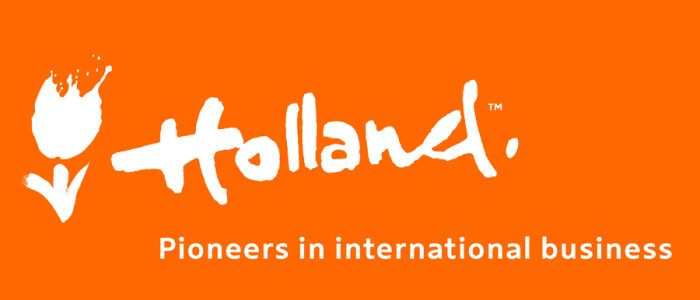Giant Step/ComicReply participated in The Digital City Roundtable at the Canada-Netherlands Resilient Cities Summit.
From big data to funding issues, the KPMG-hosted discussion at Evergreen Brickworks covered various tops related to the making of Digital Cities, applying interactive technology in useful ways for the public. Being a very innovative, geographically small country, a small giant, the Netherlands have many digital public service already implemented that Canada is far from implementing. Being a much larger country there are many more difficulties to implement digital sensor technology, public transportation payment tools and other tools.
ComicReply is an engagement technology that can be used in various ways, from content marketing to improving public participation in live surveys and other activities. We explored various ways we can implement variations of ComicReply’s core product for public services.
Topics discussed (from event notes):
* Big Data – government entities have a vast amount of data and (subject to privacy) citizens expect that the government will leverage that e.g. for optimize traffic re ‐ routing through cities
* Funding/budgets – any step forward on the digital agenda will require significant investments. Technology is understandably not a top priority against e.g. healthcare, education and transport. It is therefore important to integrate the technology investment in the total budget of infrastructure projects. IT infrastructure is perceived as a cost and less as an enabler
* Resilience – dependency on information and (mobile) access to information increases. Any platform is as strong as its weakest link. Several examples show that resilient power facilities are the bottleneck. Power comes first, digital is second. An end ‐ to ‐ end risk assessment is needed to create resilient solutions e.g. a flood mapping view of the area
* Leverage and collaborate – Dutch examples illustrate the power of working together e.g. create a data network as part of road and railway infrastructure
* Open Source – Apart from a financial advantage (no licensing cost) the Open Source philosophy is inherently inclusive and therefore invites communities of stakeholders to be involved and participate. Examples: OpenStreetMap
* Disruption – fibre infrastructure is a pre ‐ requisite but will cause no disruption in itself. Other themes are needed to do that. Successful solutions are citizen ‐ or customer ‐ centric and integrate multiple elements in the physical world (e.g. transport: bike / train / rental car / walk).
* From ownership to usage – ongoing change away from ownership. BMW example: use a car when you need it instead of owning one. Transport as a Service
* Sharing platforms – with Parking and public transport tickets as just two examples: there are often many parallel solutions in place. Not necessarily a problem is these leverage the same underlying platform
* Social Media – it is not about the infrastructure and not even about the apps. It is about the people and the communities. How to involve the target audience and have them embrace the initiatives.
* Differences in generations – the way the youth is using their cellphone is totally different from adults.
* Digital agenda to drive growth – especially in cities with geographical constraints the only possibility for growth is by leveraging digital infrastructure. Investments in backbone are hard requirement. Low cost access to base services help to get people involved
* Public/Private partnerships – Enabling a digital economy is not just a government responsibility. Several examples were discussed on partnerships with between government entities and private companies. Dutch example illustrates this can even be done for infrastructure investments (fibre to the home)
* Internet of things – technology (sensors) is still in infancy. First examples (monitoring of dykes and railways) are promising. How to handle (and predict) natural disasters?
* Privacy/Data security – policies on this topic are in some cases ambiguous and Canadian legislation on data sovereignty seems to be less compatible with cloud type of solutions
* Public collaboration – many initiatives (e.g. Canadian Open Data Exchange) are ongoing to ensure collaboration between provinces and municipalities. Today’s session may be a step towards improved international collaboration as well.
ComicReply
Latest posts by ComicReply (see all)
- Artists’ Network Art Competition Updates - December 20, 2019
- FanContest.ca Contest Fans Partnership - April 10, 2019
- TorontoTrivia.ca - August 10, 2018





Comments are closed.